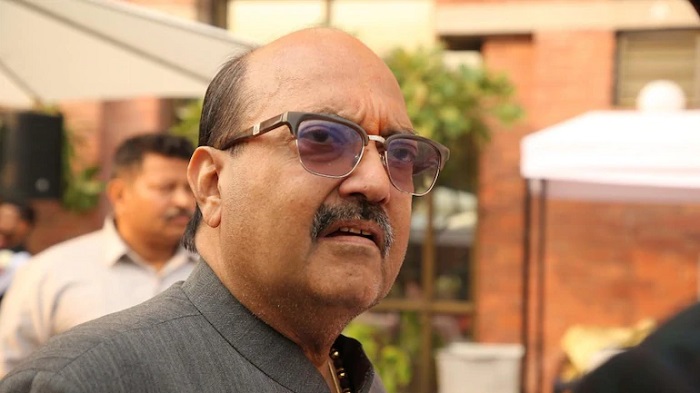New Delhi, Feb 26: Financial Intelligence Unit of Union government on Monday released a list of around 9,500 Non-Banking Financial Companies (NBFCs), which have been categorised as high-risk financial institutions by the Finance Ministry.
As per the Prevention of Money Laundering Act (PMLA), all NBFCs have to appoint a principal officer in the financial institutions and report all suspicious and cash transactions of over 10 lakh rupees to the FIU.
But, these companies have been found not following these rules as on January 31, 2018.
The FIU released the list on its website showing the names of NBFCs, which have been found non-compliant to the PMLA rules.
ADANI CAPITAL PRIVATE LIMITED, Anand Corporate Holdings Pvt. Ltd., Arihant Udyog Ltd., Asian Financial Services Ltd., AVON MONEY SOLUTION INDIA LIMITED, Bindal Finvest., Bombay Gas Co Ltd., CELLO CAPITAL PRIVATE LIMITED, Dlf Finvest Limited, Eros Merchants (P) Ltd, and Indigo Fincap Pvt Ltd are a few of the companies listed by FIU.
After demonetisation in 2016, NBFCs and several other rural and urban cooperative banks had come under the scanner of the Income Tax Department and the Enforcement Directorate (ED) for illegally converting banned currency notes.





Comments
Adani Ready to run out of country... Preparing public that govt has warned before... thats Y name is mentioned.
Where can i get the full 9.5k Companies names?
As because Adani is most favoured child of our government. Truth is always bitter for you and left to you , you would have excluded Adani's name.
why mention only Adani's name, publish the detailed list of all the 9500, high risk NBFC's
why mention only Adani's name, publish the detailed list of all the 9500, high risk NBFC's
If Govt has to release such a list for obevious reasons... clearly Banks are miserably failing to do their job!
So what is one expected to do? Take loans from these companies or dont invest in these companies. Should employees of these companies start looking for Jobs?. This is a meaningless exercise just to tell people that we had warned you.
Add new comment